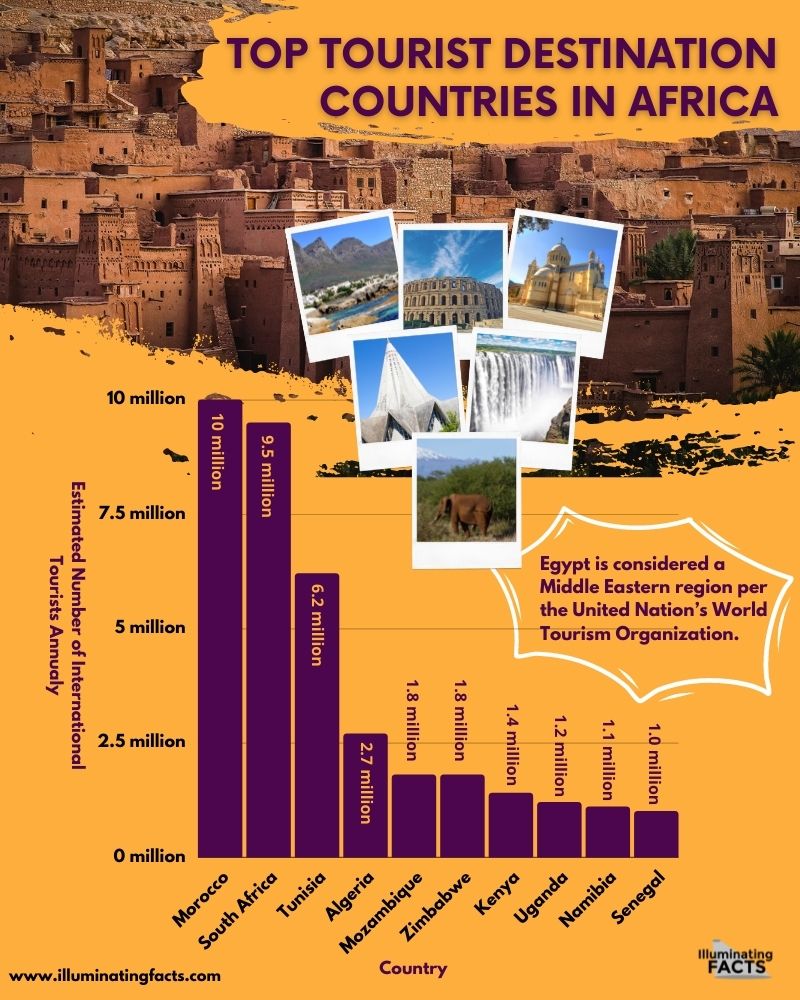We all cherish an adventurous vacation. There seems no harm in unwinding after a stressful week and making memories. However, if your relaxing vacation involves spending a day in the fields amidst wildlife, there is a lot you need to unlearn and learn today.
Ever since the advent of wildlife safari, many have taken these trips to observe a world beyond ours — the world of wild species in fields of Africa and dark green woods. Many people think of Safari experiences to be all about watching animal entertainment shows, taking pictures with Lions or other exotic ones at a photo booth, and riding some like an elephant.
The intentions have always been to co-exist and learn more about animals. But what if we told you this causes more harm than good to the environment and the natural habitat of wildlife? Agreeing with the World Animal Protection, there are at slightest 550,000 creatures enduring at the hands of reckless traveler attractions worldwide.
However, this does not mean you never go out for a wildlife safari. Instead, consider ethical safari if you want to experience a once-in-a-lifetime opportunity living around wild animals like Tigers, Monkeys, and Leopards without harming them or their habitat. Here is a write-up on how to take one. Let’s get started!
What is Ethical Safari?
Ethical Safaris include observing animals at safari parks without getting into their personal space and admiring them in their natural habitat.
Ethical safaris include:
- Interacting with the local people and exploring their culture.
- Admiring the scenic beauty of the seven natural wonders of Africa.
- Sightseeing of historical places.
- Taking part in various cultural activities of the tribes.
- Observing animals from a safe distance with hunting binoculars.
In an ethical safari, none of the animals are tortured or forcefully trained for human entertainment. For instance, there are no monkey dances, caged animals like lions, or animal props.
In an ethical safari, you also pay for all the services you enjoy. When famous personalities visit safari parks, they avoid paying for the services they take, which is a setback for the locals of the area whose major part of income relies on tourism. Being an ethical and responsible tourist, one should make sure that they pay for the services.
Although wildlife safari is prevalent in multiple regions of the world, Africa remains a continent known for this. The tourism industry is Africa’s important source of income and employment, especially for the people living in remote areas. So just traveling is going to help them progress towards a better economy. However, we need to ensure that our travel plans do not harm the people, culture, or wildlife of the area. Ethical safari is the way to go for it!
How To Make Your Safari Ethical?
Now that we are well aware of the dangers that you might be unknowingly causing to the environment, it is time to make sure that your next trip to safari park would be an ethical one. Here is what you should do to take an ethical safari:
Check Animal Treatment Of Travel Agencies
There are several planners in the tourism industry with deals for safari enthusiasts. However, it is essential to not only go for a cost-effective one but, it is also to make sure your chosen one complies with the basic ethics of a safari trip.
Before booking your safari trip, do check how they treat wildlife. Animals should not be caged and should have proper health facilities. They should have complete freedom to roam around. In case your safari package includes riding or touching any animals, avoid it at any cost. This way, you will be interrupting the personal space of animals and destroying their natural habitat. There will be no difference between a zoo and a safari. Most safaris allow tourists to explore the area riding on an elephant or horse etc. Do not go for this option. Instead, look for appropriate safari vehicle options.
Travelers should also make sure that the money they pay goes towards wildlife conservation and community projects.
Maintain a Distance
Avoid disturbing the animals by getting too close. Stay at a safe distance and observe silently. Do not scare away the animals. Go for safari hiking for a more thrilling experience. There are several more safari activities for fun.
Choose The Right Transportation Mode
Rather than using animals as transportation, check for other environmentally-friendly vehicles available. Ensure the cars or jeeps you choose are protected and do not disturb the animals with noise pollution. Walking on foot can also be a great alternative if there are fences, the animals are not too wild, and you can maintain a safe distance.
Help The Locals: Pay For Services
Help the local people by purchasing their products: for instance, souvenirs. Purchase cloth bags from local shops rather than using plastic bags. Plastic bags can also harm the wildlife present. To promote tourism in the area, tag your location when posting a picture on social media. It will attract more people to come and visit such places. Tourism improving will help the economy of that place.
Make sure to pay for the services you enjoy and not look for freebies.
Say No To Hunting
Do not engage in hunting. It is a threat to wildlife and is not justifiable on any grounds. Avoid safaris that promote canned hunting.
Avoid Plastic Products
Avoid using plastic products in safari parks. Plastic bags are not allowed in some areas but, even in areas where they are not banned, do not litter, specifically on the game reserves where animals can be directly affected. You should avoid throwing away or using plastic bags as they are harmful to the environment and wildlife.
Avoid Animal Photography Booths
Animals are not photo-props or a commodity. They are living beings just like us. If a wild animal seems to be calm, do not be tricked into thinking it is happy, they are usually under stress. For -example, the case of slow lorises or are under the effect of sleeping darts. Do not ask trainers to let you click pictures with animals. It is unethical. Instead, condemn their usage as props or entertainment objects. You may photograph the wild animals alone from a space distance with a camera, without making them uncomfortable or upset. Check our write-up on Wildlife Photography for more insights!
Always Respect Local Communities
One of the most important rules of an ethical trip includes respecting the local communities and their culture. Never be rude or racist towards them. Interact and try to learn their language as a gesture of respect. It will be a lifetime experience for you.
Follow Your Guide
Listen and interact with your guides as they are familiar with animals and the landscape there. Listening to them on the way will enhance your safari experience. Do not break any rules given to you by them.
The Takeaway
Do your homework to make the most out of your trip. Check if it is an ethical safari or not. Always remember that individuals take safaris to see the beautiful natural life. Do not harm the natural habitat. Be good to people you meet and the animals you encounter. Minimize or decrease single-use plastics on safaris since they are hurtful to the environment and animals. Bring with yourself a reusable water bottle. Dispose of all waste materials carefully. If you go to a remote area, do not waste water.
Lastly, do not forget to have fun, be safe, make the best memories, and capture your moments.
Are you curious about what the most popular countries are in Africa for tourism? Check out this amazing infographic from IlluminatingFacts.com!



